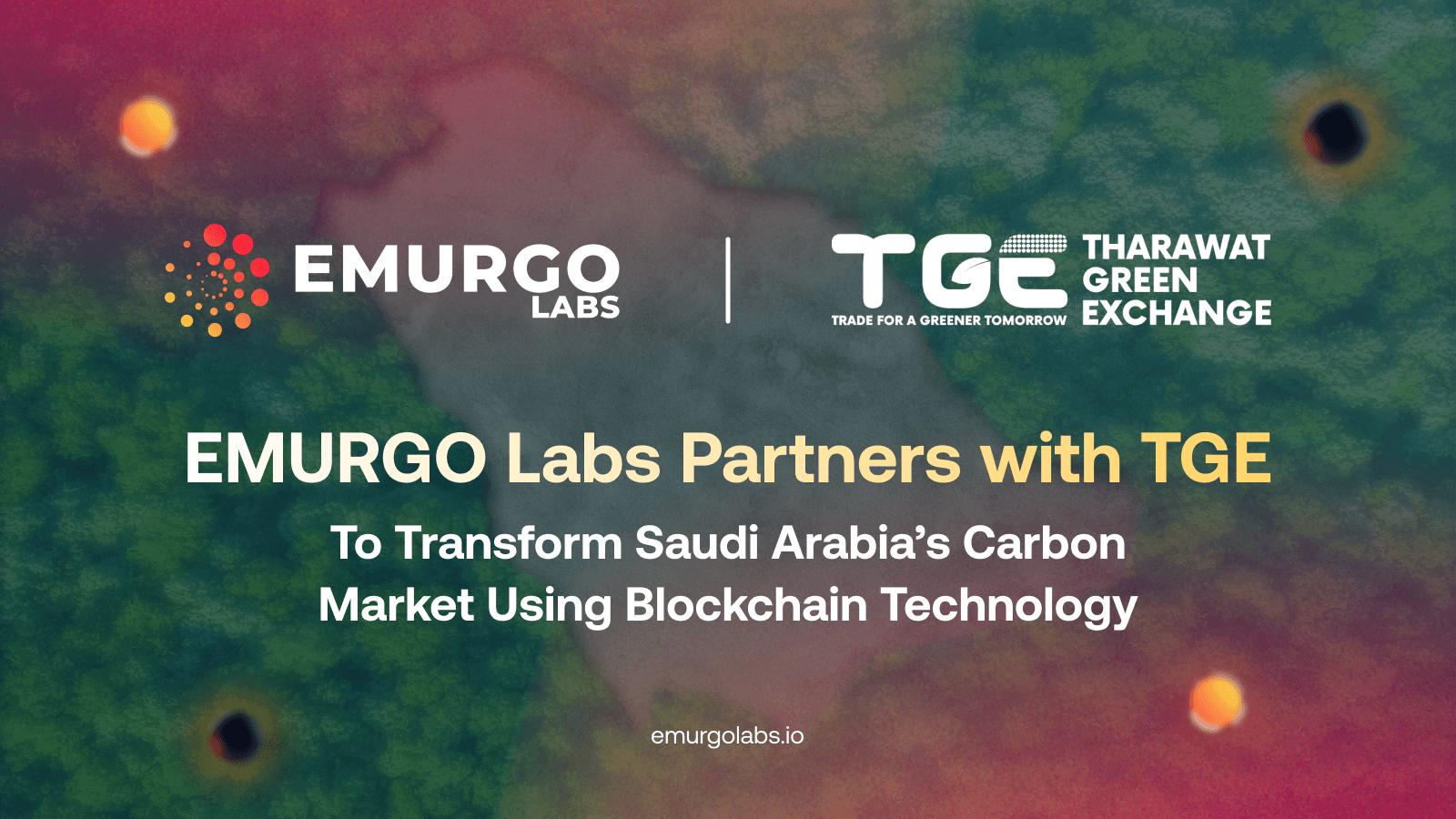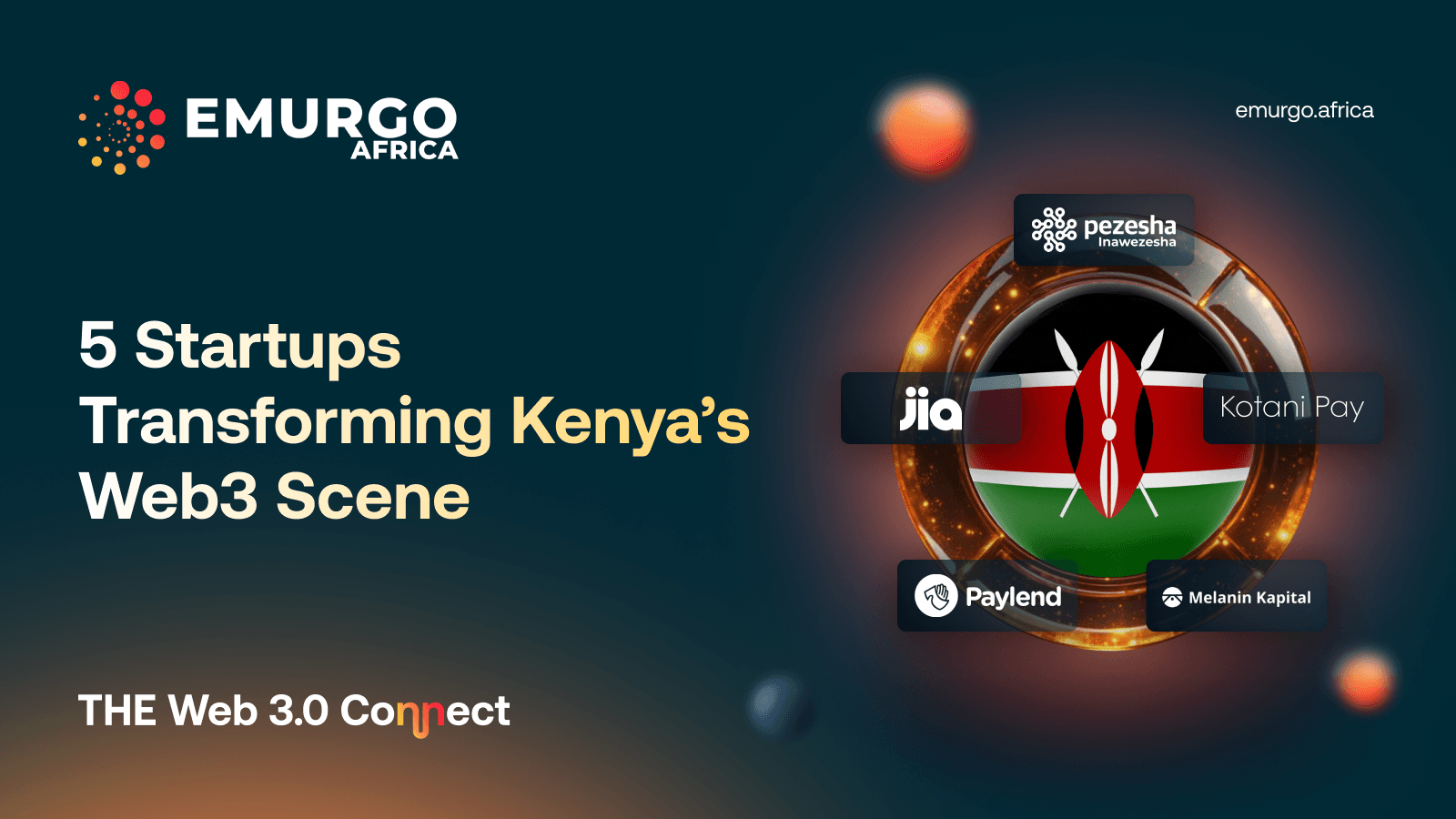Thank you for visiting our blog post! 🎀✨
Embark on a captivating exploration as we delve into the world of carbon credits, unveiling Africa's immense market potential. 🌱 Join the conversation on the transformative impact of blockchain in reshaping the carbon credit landscape. It's a journey of discovery you won't want to miss! 💡

Photo: Smokestack Emission of an Industrial Exhaust Pipes by Pexels
Carbon Credit Market and Africa
Carbon credit market is a mechanism that allows entities to trade carbon credits, which are certificates that represent a reduction or removal of greenhouse gas emissions. Carbon credits can be generated by projects that mitigate climate change, such as reforestation, renewable energy, or carbon capture and storage. Carbon credits can be sold or bought in voluntary or compliance markets, depending on the nature and purpose of the transactions.
Africa has a huge potential to produce carbon credits, as **it hosts many natural resources and ecosystems that can sequester carbon, such as forests, wetlands, and grasslands. However, Africa currently accounts for only 2% of the global carbon market.**1
Africa Carbon Markets Initiative (ACMI)
At COP27 in 2022, Africa and other developing countries called for more support and recognition for their efforts to participate in carbon markets. A key outcome of COP27 for Africa related to carbon markets was the launch of the African Carbon Markets Initiative (ACMI). The initiative was launched by a group of sponsors that includes the Global Energy Alliance for People and Planet, Sustainable Energy for All, The Rockefeller Foundation, and UN Economic Commission for Africa, with support from the UN Climate Change High-Level Champions.

Photo: Financial Growth Concept by Canva
Africa Carbon Markets Initiative (ACMI) emphasizes the transformative potential of carbon markets for Africa, highlighting the environmental and economic benefits, but also acknowledges existing challenges and credibility issues in carbon credit projects.
ACMI's Ambition and Goals
ACMI aims to significantly expand African participation in voluntary carbon markets; producing 300 million carbon credits annually by 2030 and 1.5 billion credits annually by 2050, unlocking substantial revenue and supporting job creation and distributing revenue equitably and transparently with local communities.2
ACMI's Confidence in Solutions
The followings are the identified challenges in carbon markets:
(i). Recent credibility issues in carbon markets, particularly related to the overstatement of emissions reduction potential in certain projects like REDD+ (avoiding deforestation).
(ii). Concerns about greenwashing, where carbon credits might be used as an excuse to continue polluting.
(iii). Questions raised about the equity and transparency of carbon credit projects and the potential impact on local communities.
ACMI recognizes these challenges but expresses confidence in ongoing efforts to address them. On the supply side, efforts like the Integrity Council for Voluntary Carbon Markets (ICVCM) and standards bodies are working to raise integrity standards. On the demand side, evidence suggests that businesses buying carbon credits are actively reducing emissions and investing more in decarbonization efforts.3
ACMI's Achievements in the Past Year
1. Engaging seven countries to develop comprehensive carbon market regulations.
2. Securing $1 billion in intentions to buy high-integrity African carbon credits by 2030.
3. Securing $250 million in signed intentions to invest in high-integrity carbon projects.
4. Compiling the first-ever listing of African carbon credit projects, showcasing over 100 projects.
5. Developing a diesel/petrol generator phase-out methodology concept note approved by Gold Standard.3
‘High Integrity’ Initiative by UNDP
At COP28 in 2023, another initiative was launched by the UN Development Programme (UNDP) to boost integrity in carbon markets and increase access to finance schemes for developing countries by supporting their access to carbon markets, mitigate social and environmental risks and promote accurate carbon accounting. The initiative aims to address the concerns related to double counting, human rights violations, and greenwashing in carbon markets, while enhancing the positive impacts of this type of financing for climate action. The initiative emphasizes integrity, equity, and alignment with the Paris Agreement goals. UNDP will focus on both the demand and supply sides of carbon markets and the generation of high-quality carbon credits.4
Blockchain for Carbon Credit Trade
Africa encounters unique challenges in establishing a strong carbon credit market. From creating regulatory frameworks to validating and monitoring projects, we explore these obstacles and stress the need for innovative solutions to unleash the full potential of carbon credits on the continent, then blockchain came to the rescue as a disruptive force stepping-in to solve issues of transparency, traceability, and accountability in the carbon credit market. By providing an unchangeable and decentralized record, blockchain boosts the reliability of carbon credit transactions and builds trust among those involved.
-Enhancing Transparency and Traceability:
By recording every transaction on an immutable ledger, stakeholders can trace the origin and legitimacy of each carbon credit.
-Smart Contracts Automating Transactions:
These contracts streamline the process of buying, selling, and transferring carbon credits, reducing the need for intermediaries and ensuring efficiency.
-Decentralized Carbon Credit Platforms:
Several platforms are already leveraging blockchain for carbon credit trading. Projects like Changeblock facilitate the exchange of carbon credits through blockchain technology, providing a decentralized marketplace where buyers and sellers can engage in transparent and secure transactions.
-Tokenization of Carbon Credits:
Blockchain allows for the tokenization of carbon credits, transforming them into digital assets. Each token represents a certain amount of carbon reduction, making it easier to trade and fractionalize.
-Real-Time Monitoring and Reporting:
This real-time monitoring enhances the credibility of carbon credits by ensuring that they represent actual, verifiable emissions reductions.
While blockchain offers significant advantages, challenges remain. Regulatory frameworks must evolve to accommodate blockchain-based solutions in the carbon credit market.
Future of Carbon Credit Market in Africa:
In global efforts to intensify efforts to combat climate change, Africa is poised to play a pivotal role in the carbon credit market. With an abundance of renewable energy projects, afforestation initiatives, and a growing commitment to sustainable development, the continent is expected to witness significant advancements in the carbon credit market in the coming years.
-Increased Adoption of Renewable Energy Projects:
Africa is experiencing a surge in renewable energy projects, ranging from solar and wind to hydropower. As countries strive to meet their energy demands sustainably, these projects are likely to generate substantial carbon credits. The carbon credit market will, therefore, be driven by the expansion of clean energy initiatives, fostering economic growth while mitigating environmental impact.
-Partnerships and International Collaboration:
Collaboration between African nations and international organizations will be key to unlocking the full potential of the carbon credit market. Partnerships can facilitate knowledge transfer, technology sharing, and financial support, accelerating the development of impactful projects. International collaboration can also enhance the credibility of African carbon credit initiatives on the global stage.
-Community Involvement and Sustainable Practices:
Community involvement and awareness are crucial for the success of carbon credit projects. Initiatives that actively engage local communities, provide education, and ensure equitable distribution of benefits are likely to gain traction. Sustainable practices, such as afforestation and reforestation, are expected to receive increased attention as they contribute not only to carbon sequestration but also to biodiversity conservation.
EMURGO Africa’s Contribution
EMURGO Africa invested $250,000 in the environmental credit exchange company Changeblock. The investment aligns with EMURGO Africa's commitment to advancing technologies that combat climate change, particularly in the carbon exchange market.

EMURGO Africa Invests in ChangeBlock
EMURGO Africa, in a press statement, emphasized that the investment in Changeblock aims to foster the development of climate change reversal technologies and impactful solutions on Cardano's third generation and environmentally sustainable blockchain. Ahmed Amer, the CEO of EMURGO Africa, highlighted the company's dedication to supporting initiatives that contribute to reversing climate change.5
Changeblock utilizes blockchain technology to facilitate carbon credit trading, allowing companies exceeding emissions limits to offset their excesses by acquiring credits through emission-reduction projects.
EMURGO Africa's investment in Changeblock marks a significant step towards fostering sustainable development and combating climate change in Africa. The integration of blockchain in carbon credit trading not only streamlines the process but also addresses the challenges of transparency and legitimacy. As blockchain continues to play a pivotal role in environmental initiatives, collaborations and investments like these are poised to drive positive change and contribute to a more sustainable future.
References
- Africa’s Carbon Credit Potential
- About us - ACMI- Africa Carbon Market Initiative
- ACMI’s Narrative on African Carbon Market
- UNDP’s High-Integrity Carbon Market Initiative
- EMURGO Africa invests 250k USD in ChangeBlock
Thank you very much for reading this post 🎖️🚀
Follow EMURGO Africa for more information

EMURGO Africa invests and supports local Web3 projects in the region to adopt Cardano’s decentralized blockchain technology to build socially impactful solutions.
As a regional entity of EMURGO, the official commercial arm of Cardano, EMURGO Africa also runs a local Cardano accelerator in Africa, Adaverse, which accepts applications year-round.
For more up-to-date information on EMURGO Africa, follow the official channels listed below.
About EMURGO Africa
- Official Website: www.emurgo.africa
- X: @EmurgoAfrica
- Telegram: https://t.me/emurgoafrica



